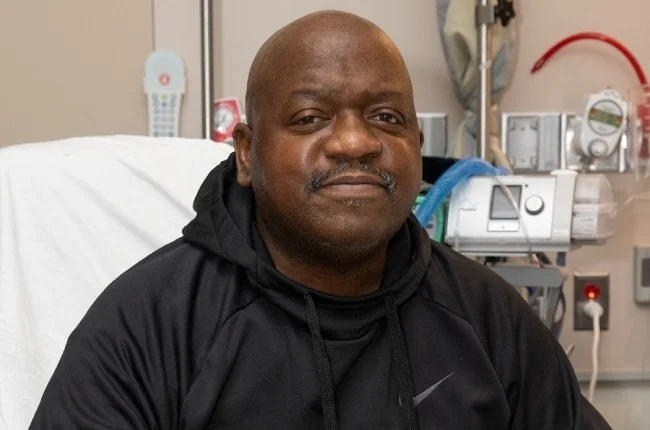
Richard “Rick” Slayman, 62, who made medical history as the first living person to undergo a pig kidney transplant, has sadly passed away roughly two months after the groundbreaking procedure. The surgery, conducted on March 16, involved a genetically modified pig kidney aimed at addressing Richard’s end-stage kidney disease.
Massachusetts General Hospital, where the transplant took place, expressed deep sadness at Rick’s passing but emphasized that there is no indication that his death was related to the recent transplant. The hospital hailed Rick as a “beacon of hope” for transplant patients and praised his commitment to advancing xenotransplantation, which involves using animal organs for human transplants.
Rick’s family shared sentiments of grief but also gratitude for the optimism and hope he instilled in countless individuals awaiting life-saving transplants. They noted that Rick underwent the pig kidney transplant with the goal of inspiring others facing similar challenges.
Prior to the pig kidney transplant, Rick had received a human kidney transplant in 2018, which unfortunately failed. Subsequently, he lived with end-stage kidney disease and had to resume dialysis to manage his condition. His health complications led to frequent hospital visits that impacted his quality of life.
Rick’s legacy will continue to inspire patients, researchers, and healthcare professionals, his family emphasized. They requested privacy as they honor and remember his life.
Rick’s passing follows similar outcomes for recipients of genetically modified pig organs for heart transplants, underscoring the challenges and complexities of xenotransplantation. Despite setbacks, these groundbreaking procedures represent important steps in addressing the critical shortage of human organs available for transplant patients worldwide.






Be First to Comment